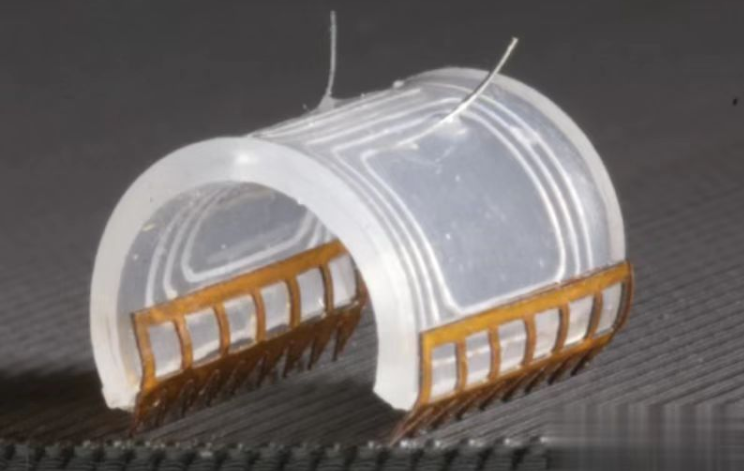Introduction
Most soft robots are slow, but these robots feel the need for speed.
Scientists at Johannes Kepler University (JKU) have created controllable soft robots that can run, swim, and jump at high speeds. During testing, the robots achieved speeds of 70 BL/s (body lengths per second). These results are astonishing, as even the cheetah (the fastest land animal on Earth) can only run at 23 BL/s. However, do not expect absolute speed records, as the robot’s body is only a few millimeters in size—despite this, this tiny machine may be the fastest soft robot on the planet.

Soft robots differ from traditional robots that you see in factories, restaurants, and science exhibitions. They are made from flexible materials such as polymers and shape memory alloys (which change shape with temperature). The soft materials allow the robots to function similarly to biological organisms (or living tissues). In contrast, traditional robots are made from rigid materials like plastics, aluminum, and metals.
For a long time, scientists have been trying to create soft robots that are fast enough to operate in extreme environments where other machines cannot work. Such robots could play a significant role in the medical field. For example, ultra-fast robots could replace invasive methods like colonoscopies. Doctors could use fast soft robots to examine any abnormalities in body organs (such as the stomach) that traditional diagnostic robots find difficult to inspect.
Manufacturing Ultra-Fast Robots
This ultra-fast robot is made from a liquid metal alloy called “Galinstan.” It consists of tin (Sn), gallium (Ga), and indium (In). The materials typically used to create soft robots are mostly organic silicone elastomers, rather than Galinstan. When asked about the reason behind this, the lead author of the study, Dr. Guoyong Mao, a soft matter physicist at JKU, stated: “The most important characteristic of this material is that it is liquid at room temperature and also has high conductivity, which helps in creating soft and deformable coils.”
The researchers employed liquid metal 3D printing technology to form Galinstan coils. These 3D-printed coils were then embedded in an elastic shell, which kept them together with actuators that control their state. This resulted in a coil-shaped soft electromagnetic robot (SEMR) capable of providing rapid drive and propulsion. The researchers also equipped the robot with L-shaped or serrated feet, based on the substrate they would move on.
SEMR is powered by a lithium polymer battery, with its ultra-fast motion driven by electromagnetic actuators (components that convert electrical energy into mechanical energy). The actuators are magnetically responsive elements, allowing the rapidly moving robot to be easily controlled using a static magnetic field. During testing, the tethered soft robot could move at a speed of 35 BL/s on a flat surface and 70 BL/s on a folded 3D surface. Additionally, during underwater testing, they swam at a speed of 4.8 BL/s. Dr. Mao stated: “We believe this is a new technology in the field of robotics, with broad prospects and great potential for the future. We cannot find any similar technology that utilizes soft functional materials to accomplish so many tasks at such high speeds.”
The Future of Ultra-Fast Soft Robots
The researchers also conducted speed tests on untethered soft robot prototypes, achieving swimming speeds of 1.8 BL/s and a maximum running speed of 2.1 BL/s. The researchers are now planning to improve the efficiency and performance of untethered robots.
There are various types of soft robots, some of which can help us clean plastic waste from the oceans, while others can allow us to explore the hot deserts of the Moon and Mars. For all these soft robots, speed is a significant limiting factor. The technology behind ultra-fast SEMRs has the potential to overcome this limitation.




Disclaimer
Article source: China Robotics Network
Any information sourced from other media is reprinted from other media and does not represent our website’s endorsement of its views, nor does it represent our website’s responsibility for its authenticity. For reprints, please contact the original source. If you have any questions or doubts about the content of this article, please contact the backend editor immediately, and the platform will respond and handle it promptly. For original content from our company, please contact us for reprints.
